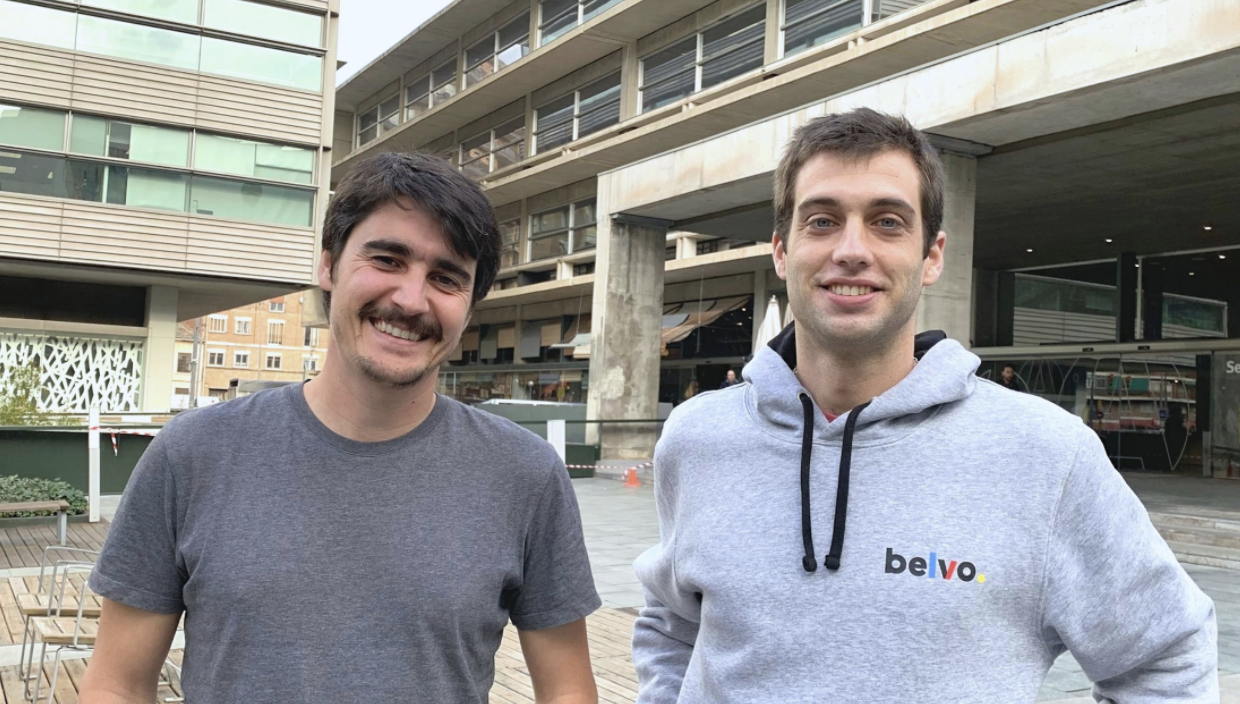Airbnb, Dropbox, and Reddit are among the most famous graduates to have come out of Y Combinator, the prolific US accelerator.
It's no coincidence the incubator's star alumni are largely American, along with most of their classmates. Since launching in 2005, Y Combinator has run its famed founder-training programme exclusively out of California, disqualifying candidates unable to relocate to Silicon Valley.
But this summer, for the first time in 15 years, Y Combinator (YC) moved its training-programme online — forced to adapt in a pandemic.
As a result, the incubator's programme data shows that YC more than doubled its intake of European founders during lockdown.
YC's most recent cohort welcomed 26 founders from Europe; up from just 12 last summer and just 7 in 2018.
European startups still only constitute 14% of the latest cohort. Yet this marked increase suggests YC is becoming more firmly established in Europe.
Dalton Caldwell, a YC Partner who leads admissions, confirmed YC had seen an increase in European applications, particularly from France and the UK.
YC's move online also signals a much more global outlook for the accelerator, which has backed over 2000 startups.
Aside from Europe, YC's first fully-remote bootcamp also welcomed over 20 founders from Asia.
“The biggest logistical problem is solved [now]...You’re on par with a US founder,“ Iain Usiri, a Tanzanian founder, told online publication Rest of World.
It's particularly poignant for Asian founders, who were dealt a blow late last year when the launch of YC China was scrapped.
Filling the European YC void
YC's advance into Europe — albeit via Zoom — will come as welcome news to local founders.
Despite the recent boom of accelerator programmes in Europe, arguably none have attained YC's portfolio success, network or kudos.
YC companies have seen valuations of over $12m at seed level, and graduates also report getting an instant 'foot in the door' with top investors.
Now, those 'doors' are also being swung open for the likes of London fintech Heron, who joined YC's summer 2020 cohort remotely from the UK.
"YC's Demo Day gave us access to Silicon Valley investors [for the first time], helping us close a $1m pre-seed in a little under three weeks," Heron cofounder Jamie Parker told Sifted.
"It has also made our pivot to a B2B offering and US expansion far easier," adding that the remote experience was "seamless."
Parker also predicts that European founders will now flock to YC, helping to boost the local ecosystem.
"I imagine the Winter 21 batch will be even more international," he said. " There will be more competition for top talent among European accelerators."
Increased competition could force accelerator programmes to raise their standards, with YC awarding founders $150k in exchange for 7% of their equity, as well as a coveted place on its Bootcamp.
But it's not just accelerators like Entrepreneur First, Antler and Founder's Fund who'll be watching.
Early-stage funds like Seedcamp may also have to compete with inflated valuations.
"Doing YC is often an alternative to raising a pre-seed and generally increases seed prices a lot, which obviously has an impact on the business model of seed firms," Entrepreneur First CEO Matt Clifford tells Sifted.
Nonetheless, Clifford added that his own accelerator was unlikely to compete directly with YC, given Entrepreneur First focuses on finding individuals rather than fully-fledged companies.
Meanwhile, Antler told Sifted in a comment it was "very excited" to see YC enter the European startup scene, exposing its portfolio to top investors.
YC's European stars
YC has already witnessed European founders at their best.
Stripe, now the world's most highly-valued private fintech, is among its top graduates with European roots.
Stripe founders Patrick and John Collison left their native Ireland in 2007 to attend YC's Bootcamp, having being accepted for an earlier project. The brothers' move to San Francisco soon then laid the foundations for Stripe.
Meanwhile, London fintech GoCardless was part of the Summer 2011 cohort, ultimately inspiring their pivot into reoccurring payments.
Amsterdam's MessageBird is also a star YC alumni from 2017, as is Portugal's Unbabel; an AI-powered translation service.
Now, by going online, YC could help turbo-fuel the rise of more European founders.
This follows in the footsteps of US venture funds like Sequoia and Accel, who have also moved over to Europe in a mission to grow the continent's pool of just under 100 unicorns.


